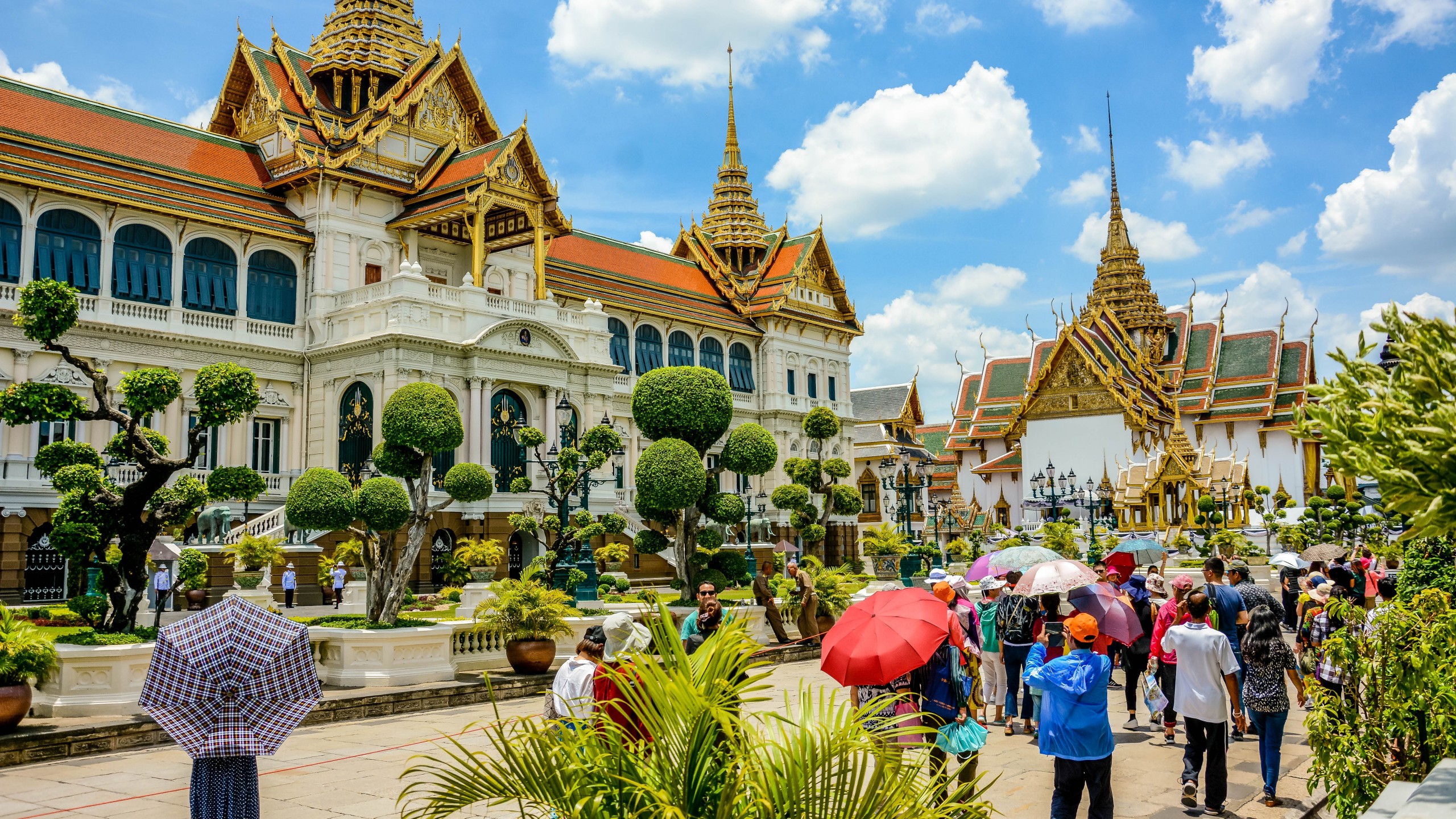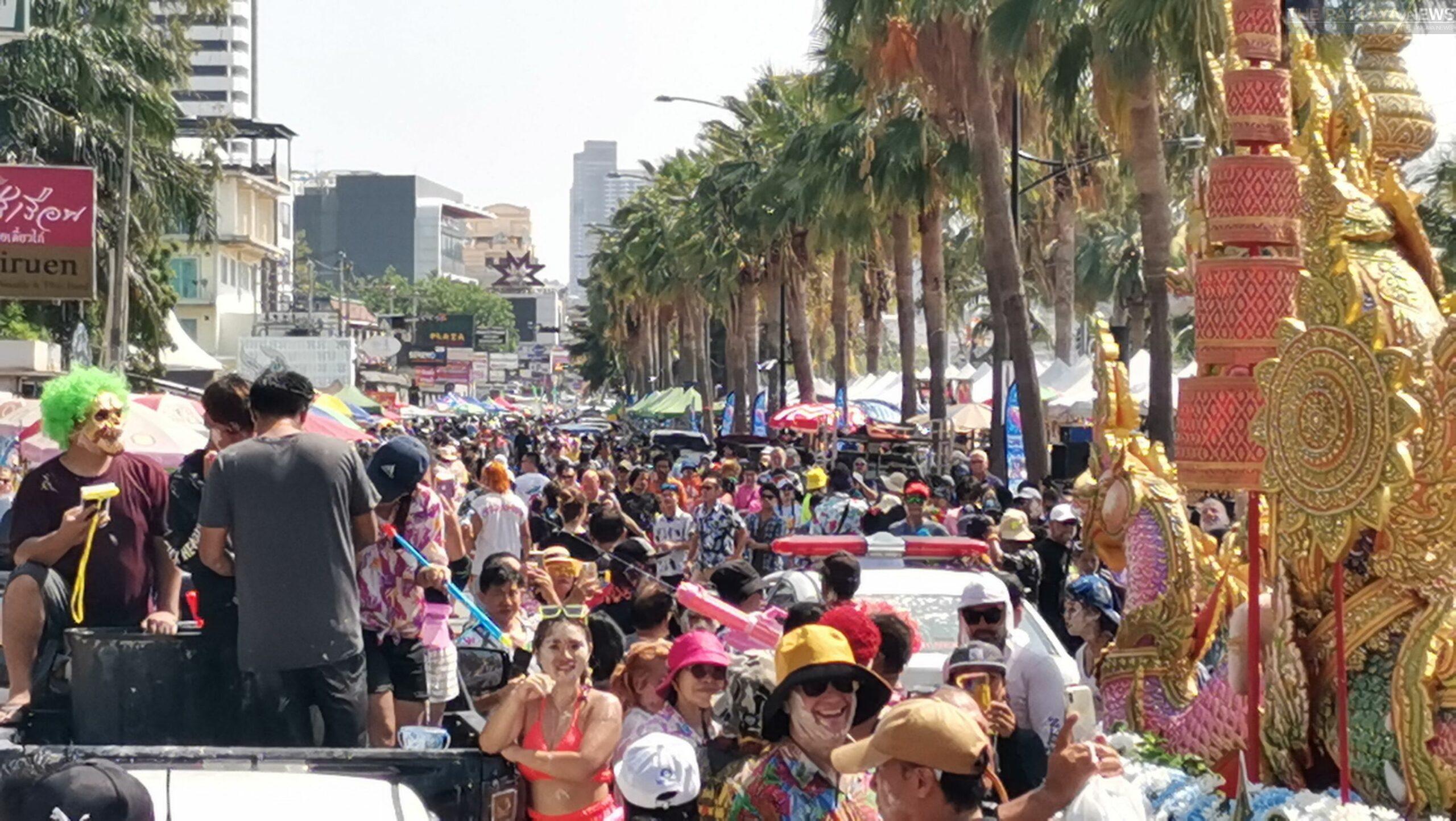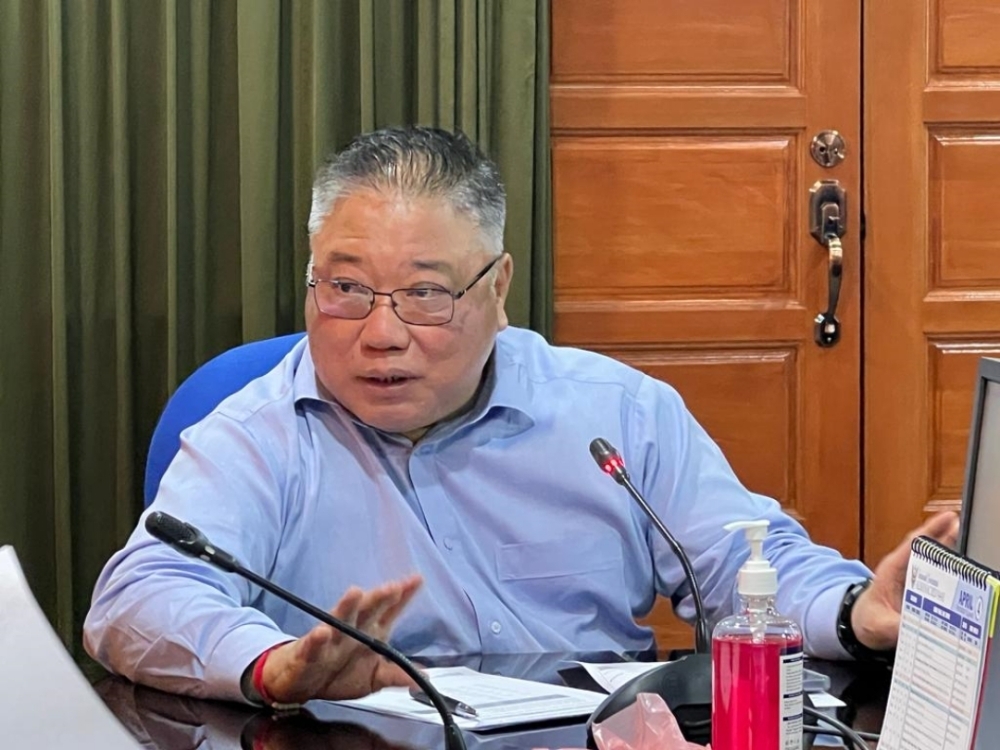As Thailand grapples with a surge in tourist dissatisfaction over inflated prices, discriminatory practices, and scams, Malaysia should take heed to ensure the success of its own Visit Malaysia Year 2026.
Algorithms used for online searches are a funny thing. In doing the research for our recent article about KL Tower’s dual-pricing scheme, a significant number of quasi-related topics were suggested, or appeared in aggregated news feeds, in the following hours and days.
The most interesting were several articles discussing Thailand’s growing tourism challenges in the face of rising costs, cumbersome bureaucracy, and that pernicious two-tier pricing system that punishes international tourists for… well, being international tourists.

We see it all as something of a cautionary tale for Malaysia as it ramps up for its eagerly anticipated Visit Malaysia Year 2026 efforts, targeting to draw some 45 million international visitors. Here’s an overview of what we found:
Once hailed as a haven for budget-conscious travellers, Thailand is now facing a clear and growing wave of criticism from international tourists. As an example, one recent social media post by Bangkok Post Learning quickly garnered nearly 2,000 comments, revealing widespread discontent over soaring costs, a discriminatory two-tier pricing system, and a general sense of being scammed.
An analysis by Krungthep Turakij, which examined approximately 800 of these comments using artificial intelligence, highlighted key areas of concern. Foremost among them is the perception that Thailand no longer offers the value for money it once did. (Many comments suggest similar laments about Bali, but that’s another story.)

SKYROCKETING COSTS
Travellers have reported significant increases in accommodation costs, particularly in popular tourist areas. One visitor to Koh Samui noted, “The same hotel I paid 2,000 baht (approximately RM260) a night for five years ago now demands 6,000 baht (approximately RM780).”

Similarly, a European tourist in Pattaya was shocked by a 180-euro (around 6,800 baht or RM880) bill for a two-person dinner, excluding alcohol! In Bangkok, an American visitor was equally stunned when presented with a bill for a two-person meal – albeit in one of the city’s more well-known restaurants – for just over US$300, or more than RM1,300, again not including the wine, the addition of which nearly doubled the final bill.
While global inflation is naturally acknowledged, many feel that price hikes in Thailand have far outstripped typical inflationary pressures. A European tourist commented, “Hotels jacking up prices from $100 to $200-300 a night can’t be blamed on normal inflation. It’s pure greed, that is.”
The cost of getting to Thailand has also become a major sticking point. An American traveller lamented, “I used to snag a flight to Thailand for just US$300 (approximately RM1,300), but now it’s nearly $1,000 (approximately RM4,700).” A Briton echoed this sentiment, stating, “I forked out £1,200 (about 53,000 baht or RM6,900) for my flight this year.”
Even Thai nationals are feeling the pinch. One local resident complained, “As a Thai person, I can’t even afford to travel in my own country anymore. Accommodation prices are too high, especially during holidays.” Another added, “Being truly Thai, I can barely afford flight tickets or book decent hotels for a beach holiday in the south. It’s too expensive for us locals.”

CUMBERSOME VISA PROCEDURES AND TWO-TIER PRICING
Tourists have also expressed frustration over newly complex visa and immigration procedures, notably the TDAC system and the requirement for online registration three days prior to arrival. A German tourist grumbled, “It’s an unnecessary faff, especially for older folk who aren’t tech-savvy.” Furthermore, the reduction of the tourist visa duration from 60 to 30 days has irked long-stay visitors.
Another major source of irritation is the discriminatory pricing structure that unfairly distinguishes between Thai nationals and foreign visitors, sometimes dramatically so. A German tourist recounted, “I had to cough up 200 baht (approximately RM26) to enter a national park, while my girlfriend only paid 40 baht (approximately RM5) because she looks Thai. That’s blatant discrimination.” This practice of inflated prices for foreigners extends to various services, from tourist sites and restaurants to transport.

Two-tier pricing has been a thorny issue for tourists for years, and not just in Thailand. It affects Malaysia’s visitors, too. One Australian noted, “I’d love it if, when people from Malaysia visited my home country, they had to pay twice as much for everything as Australians do. I’m sure they’d howl in protest, but how is that any different to what happens here in Malaysia?”
COMPARISONS WITH NEIGHBOURING COUNTRIES
Many travellers are drawing unfavorable comparisons with neighbouring countries like Vietnam, Cambodia, and the Philippines, which are increasingly seen as offering better value for money.
One tourist remarked, “I spent three months in Vietnam but only one month in Pattaya. That tells you something.” Another added, “Cambodia has decent hotels for just $10 (approximately RM45) a night, and their festivals are brilliant, too.”
An Australian tourist noted, “Vietnam is rapidly improving its infrastructure, with high-speed trains, clean beaches, and the Vietnamese people are so welcoming to tourists.” Meanwhile, a Briton observed, “Boracay in the Philippines is far more beautiful than Koh Samui. The water’s clearer, the sand’s cleaner, and the accommodation prices aren’t outrageous.”

Another comment highlighted the shifting value proposition: “Japan isn’t that much more expensive than Thailand these days. I was in Tokyo recently and found food prices weren’t higher than in Bangkok, and the service was far better, cleaner, and safer.”
And, in a little win for Malaysia, one European traveller compared: “Malaysia has better infrastructure, diverse and delicious food, and you don’t get the tourist scams.”
QUALITY CONCERNS AND THE PROBLEMS OF MASS TOURISM
The standard of tourist attractions is another key concern. A Scandinavian tourist revealed, “The beaches are filthy, full of rubbish, especially in Phuket. Kata Beach is awful. It’s heartbreaking to see so much plastic waste.” Air pollution in major cities and hazardous cracked pavements were also cited as issues.
Overcrowding at major tourist hotspots, particularly Pattaya, Phuket, and Hua Hin, was a frequent complaint. An Australian tourist lamented, “Beaches that used to be serene and beautiful are now crammed with thousands of sun loungers. There’s no space to relax peacefully anymore.”

Discontent with particular groups of other tourists is also souring the overall atmosphere, though it’s accurate to note that this cannot really be blamed on Thailand or its policies.
A British visitor recounted, “My last trip to Pattaya was ruined by tourists of a certain nationality. They assaulted my partner on the plane, and everywhere we went, they were rude to Thai people.” Another Australian added, “I love Thailand and have been coming here for 26 years, but the massive increase in tourists from India and Russia is making me reconsider my visits. Some areas in Pattaya now feel more like ‘Little India’ than Thailand.”
Adding to the unease are safety concerns following the recent earthquake and building collapse at Chatuchak market. A foreign resident confessed, “I’m scared to stay in high-rise buildings in Bangkok or anywhere in Thailand anymore, even though I live here.”

LESSONS FOR MALAYSIA
As Malaysia gears up for Visit Malaysia Year 2026, these issues in Thailand should serve as a cautionary tale. Ensuring fair and consistent pricing, maintaining infrastructure quality, and providing a welcoming environment for all tourists are essential to avoid similar pitfalls. This should be clearly communicated by government officials to the tourism and travel industry, and frankly, should be championed by that industry’s key players and leading associations, as they themselves are the primary beneficiaries of good tourism policies and practices.
To its credit, Thailand’s Ministry of Tourism and Sports has quickly pledged to address the surge of complaints from tourists. In an article published on May 1, the Ministry has also vowed to address tourism scams and ensure fair prices for both Thai and foreign tourists, which means “the dual-pricing system will be eliminated,” according to Minister Sorawong Thienthong. It’s frankly hard to accept this assurance at face value, given that it’s been such a problem for so long, but certainly any meaningful efforts by the government to address it would be most welcome.

In the meantime, Malaysia has a very real opportunity to position itself as a value-for-money destination that respects and appreciates its visitors, but only if it learns from Thailand’s current challenges, and doesn’t fall into the same trap of greed, mismanagement, and bureaucracy – and if Malaysia’s own Ministry of Tourism, Arts, and Culture steps up and meets the moment.
To learn more:

















